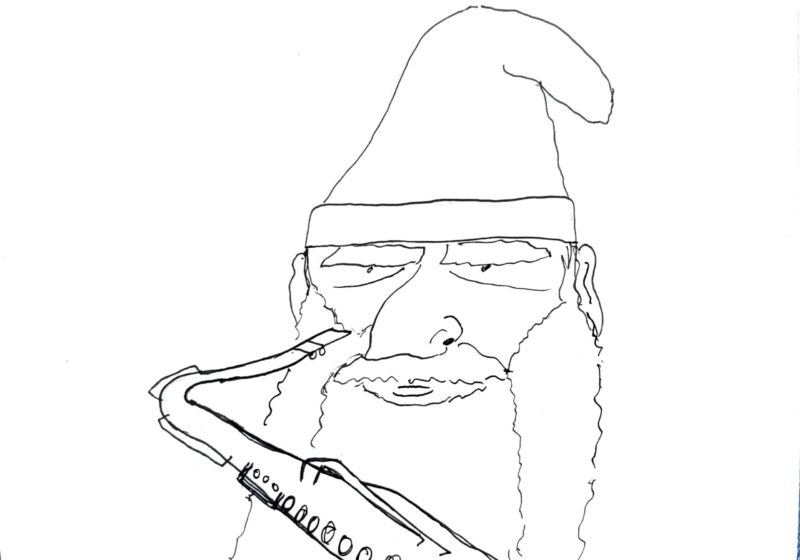The River Campus will be tobacco-free beginning next July. The ban covers cigarettes and e-cigarettes, cigars, pipes and vape pens, and smokeless tobacco. As a result, the University will construct smoking shelters across campus, and will put up signs around buildings and outdoor areas to remind students of the new policy.
Vice Provost and Director of University Health Service Ralph Manchester said that, in addition to preventing second-hand smoke, the policy will lead to “a reduction in student and staff smoking rates, a decrease in health care costs, and less litter on the campus.” The University will also be providing services to help ease the transition and help students taper off their addiction.
One of the primary issues with this policy is that it is the result of a lack of enforcement. Most campus buildings already feature signs that say smokers must be at least 30 feet away from the structure. This is an important rule so that non-smokers on campus do not have to be exposed to secondhand smoke. Students, however, smoke right next to buildings all the time, and not once have I ever seen or heard of Public Safety addressing this rule. If this rule was more carefully enforced, secondhand smoke would not be a factor in this decision.
I also note that smokeless tobacco is included in the ban. People using smokeless tobacco don’t pollute the air, so banning it has little to do with its effect on others. All tobacco products do produce litter, of course. Heightening fines, providing more waste bins, and increasing enforcement would combat this issue.
Disregarding secondhand smoke, the policy rests solely on its protection of students’ health. Although banning smoking may indeed lead to many health benefits, this is not an appropriate reason to institute the policy. Living in the U.S., people have the right to make decisions which may not be good for them. I personally do not smoke cigarettes, but if someone else deems the benefit from smoking one to be greater than the cost, they should be able to smoke. I doubt those who support the tobacco ban would also support a policy banning red meats served in Douglass, even though eating red meat has also been linked with a shorter life span.
Also important is the issue of cultural representation. More international students use tobacco, and I am concerned this policy fails to take into account their opinions. The University overestimates its own ability to perform a cost-benefit analysis for individual tobacco users, rendering this policy inappropriate for campus.
I respect the University’s right as a private institution to ban tobacco use on campus, but I do not endorse this policy because it rests on making decisions for others. There are more efficient ways to prevent the negative effects of tobacco use, and the University is not equipped with the tools to tell whether the subjective benefits of using tobacco outweigh the costs for its students.


